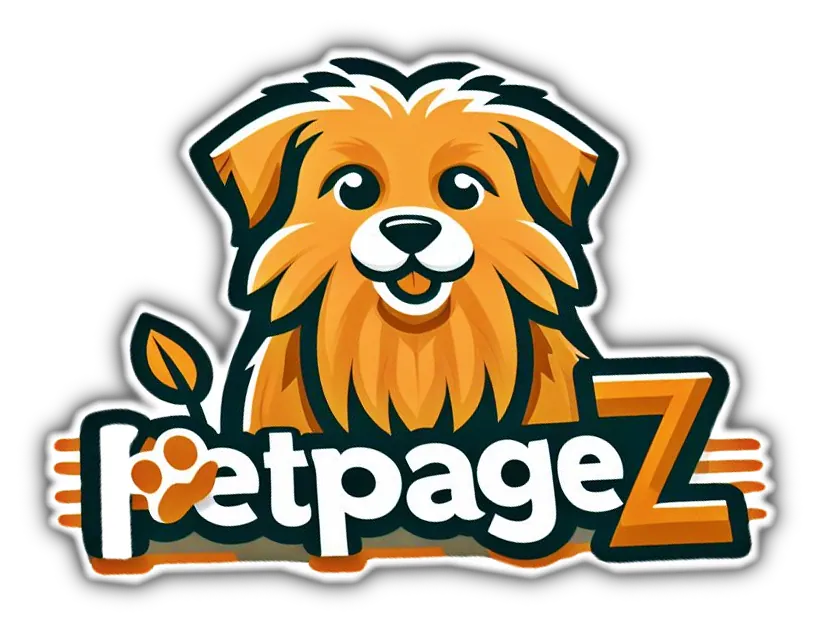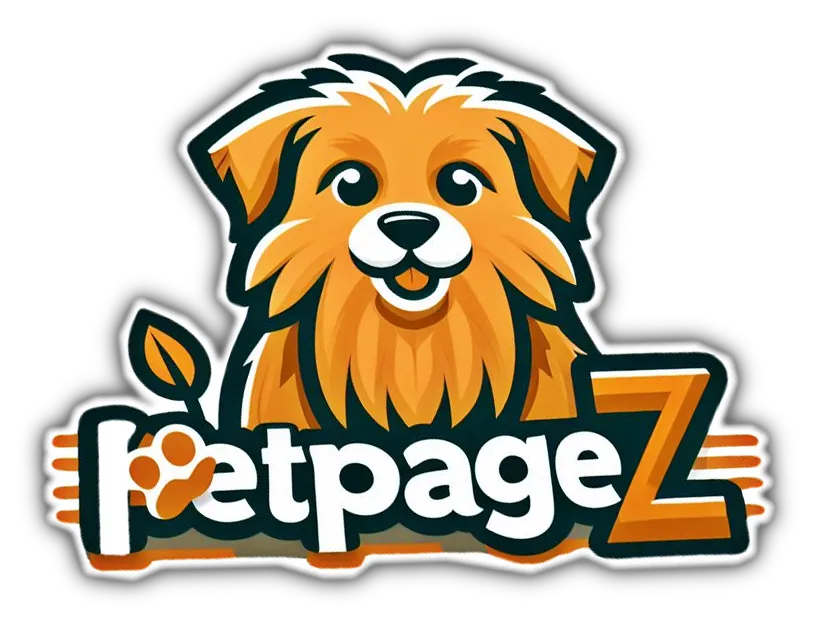1. Introduction: Understanding the importance of safe food choices for your dog
As dog owners, we strive to provide our furry friends with the best care and nutrition possible. Just as we pay attention to what we eat, it is equally important to ensure that our dogs are consuming safe and healthy foods. While dogs have different nutritional needs than humans, there are certain human foods that can be a safe addition to their diet. On the other hand, there are also numerous foods that can be toxic and pose serious health risks to our canine companions. In this comprehensive guide, we will explore which human foods are safe and beneficial for dogs, as well as those that should be strictly avoided. By understanding the right food choices for your pup, you can promote their overall well-being and prevent potential health issues. Let's delve into the world of canine nutrition and learn how to make informed decisions when it comes to feeding our beloved pets.
When it comes to our furry best friends, we want to ensure they're getting the best nutrition possible. But what about sharing a meal with them? While it can be tempting to treat our pups to some table scraps, it's important to know which human foods are safe for them and which ones can be toxic. In this article, we'll explore the dos and don'ts of feeding your dog human food, providing you with a guide to make informed choices that will keep your pup healthy and happy.2. Safe and Healthy Human Foods for Dogs: A Comprehensive Guide
2.1. Lean Proteins
Just like us, dogs need their protein fix. Opt for lean options like cooked chicken, turkey, or beef without any seasoning or sauces. These proteins not only provide essential amino acids for muscle development, but they're also a savory treat for your furry friend.2.2. Fruits and Vegetables
While some fruits and vegetables are safe for dogs, it's important to steer clear of those that can be harmful, like grapes and onions (we'll get to those later). For safe options, try giving your dog sliced apples, bananas, or baby carrots. These tasty snacks are packed with vitamins and fiber, making them a healthy addition to your pup's diet.2.3. Whole Grains
Whole grains can be a great source of energy and fiber for your dog. Consider including cooked brown rice, oats, or quinoa in their meals. These grains are gentle on their digestive system and can help keep their bowel movements regular.3. Toxic Human Foods for Dogs: What to Avoid at All Costs
3.1. Chocolate and Caffeine
As much as we love our daily dose of caffeine and a sweet chocolate treat, these are big no-nos for dogs. Chocolate contains theobromine, which can be toxic to dogs and cause symptoms like vomiting, diarrhea, and even heart problems. Keep your pup away from any caffeinated beverages or chocolatey goodies.3.2. Xylitol and Artificial Sweeteners
Xylitol, an artificial sweetener found in many sugar-free products, can be extremely dangerous for dogs. Even in small amounts, it can cause a sudden drop in blood sugar levels, leading to seizures or liver failure. Keep an eye out for xylitol in products like chewing gum, candies, and even some peanut butter brands.3.3. Grapes and Raisins
While grapes and raisins may seem harmless, they can actually be toxic to dogs and cause kidney failure. Even a small amount can have serious consequences, so be sure to keep these out of your pup's reach.4. Canine-Safe Alternatives: Healthy Options to Treat Your Pup
4.1. Peanut Butter
Looking for a tasty treat that dogs go nuts for? Look no further than peanut butter! Just make sure to choose a brand that doesn't contain xylitol. Spread a small amount on a dog-friendly biscuit or use it as a delicious filling in a puzzle toy to keep your pup entertained.4.2. Carrot or Apple Slices
Crunchy and refreshing, carrot or apple slices make excellent low-calorie snacks for dogs. They're not only packed with vitamins but also help clean your pup's teeth and freshen their breath. Just remember to remove any seeds or tough cores before serving.4.3. Plain Yogurt
Plain yogurt is a fantastic source of probiotics, which promote a healthy gut for your dog. You can serve it as a special treat or even freeze it into a tasty pupsicle during hot summer months. Just make sure the yogurt doesn't contain any artificial sweeteners or additives. Remember, moderation is key when it comes to feeding your dog human food. While these options can be offered as occasional treats, it's important to prioritize their regular balanced dog food diet. Now, armed with this knowledge, you can make informed choices and treat your furry friend to something special without putting their well-being at risk. Bon appétit, pups!5. Factors to Consider: Age, Breed, and Individual Sensitivities
5.1. Puppies and Senior Dogs
When it comes to feeding our furry friends, age matters. Puppies have different nutritional needs compared to senior dogs. While puppies require a balanced diet with essential nutrients for growth and development, senior dogs may benefit from specially formulated foods to support their aging bodies. So, before sharing your plate, consider your pup's age and choose foods that meet their specific needs.5.2. Breed-Specific Considerations
Believe it or not, different dog breeds have different dietary needs. Some breeds are more prone to certain health conditions that can be managed or prevented through proper nutrition. For example, large breeds may need food with controlled calcium levels to avoid skeletal issues, while small breeds might require smaller kibble sizes for easier chewing. Understanding your pup's breed-specific requirements can help you make informed choices about what foods to give them.5.3. Food Allergies and Sensitivities
Just like humans, dogs can have food allergies or sensitivities. Common culprits include grains, dairy, and certain proteins. If your pup experiences digestive issues, skin irritations, or excessive scratching after eating certain foods, they may have an allergy or sensitivity. Consult your veterinarian to identify potential triggers and find suitable alternatives that won't leave your furry friend feeling itchy and uncomfortable.6. Food Precautions: Proper Handling and Preparation to Ensure Safety
6.1. Avoiding Contamination and Cross-Contamination
When it comes to feeding your pup human foods, it's essential to take precautions to avoid contamination and cross-contamination. Ensure that all foods are properly cooked, stored, and handled to minimize the risk of harmful bacteria like Salmonella or E. coli. Also, be mindful of any seasonings or additives that may be toxic to dogs, such as onions or garlic.6.2. Safe Food Storage
We all know the importance of proper food storage, but it applies to our furry friends' food too. Keep doggie treats and human foods securely stored in containers or sealed bags to prevent spoilage and protect against curious paws. And remember, just because it's safe for humans doesn't mean it's safe for your pup. Chocolate may be heavenly for us, but it's a big no-no for dogs!6.3. Proper Food Preparation Techniques
When preparing food for your pup, it's crucial to use safe techniques to avoid any mishaps or contamination. Avoid using excessive oils, seasonings, or added sugars that can upset their delicate tummies. Stick to simple, unseasoned meats, vegetables, and grains, ensuring they are cooked thoroughly to make digestion easier for your furry friend.7. Signs of Food Toxicity in Dogs: Identifying and Responding to Symptoms
7.1. Gastrointestinal Symptoms
Uh-oh, did your pup devour something they shouldn't have? Keep an eye out for gastrointestinal symptoms like vomiting, diarrhea, or excessive drooling. These signs could indicate that your four-legged friend has ingested something toxic or irritating. If you suspect food toxicity, it's best to consult your veterinarian for advice on how to help your pup feel better.7.2. Neurological Symptoms
Some human foods can have a dangerous effect on a dog's nervous system. If your pup starts displaying neurological symptoms like tremors, seizures, or disorientation, it could be a severe case of food poisoning. Waste no time in seeking immediate veterinary care to ensure your furry friend gets the help they need.7.3. Immediate Veterinary Care
When in doubt, don't hesitate to contact your veterinarian if you notice any unusual symptoms or suspect your pup may have consumed something toxic. Time is of the essence, and your vet is the best person to guide you on the necessary steps to protect your furry friend's health and well-being.8. Conclusion: Promoting a Balanced and Safe Diet for Your Furry Friend
At the end of the day, our pups rely on us to provide them with a balanced and safe diet. While some human foods can be shared with caution, it's crucial to consider factors like age, breed, and individual sensitivities. Taking proper food precautions, such as avoiding contamination and practicing safe handling and preparation techniques, ensures that our furry friends stay healthy and happy. And remember, if you suspect any food toxicity, don't forget to reach out to your veterinarian for guidance. Now go on and be the best doggie chef you can be, while keeping your pup's well-being front and center!8. Conclusion: Promoting a Balanced and Safe Diet for Your Furry Friend
In conclusion, ensuring a balanced and safe diet for your dog is crucial for their health and well-being. By understanding the human foods that are safe and beneficial for dogs, as well as the toxic ones to avoid, you can make informed choices when it comes to feeding your furry friend. Remember to consider factors such as age, breed, and individual sensitivities when selecting foods for your dog. Additionally, practicing proper food handling and preparation techniques, and being aware of the signs of food toxicity, are essential for keeping your dog safe. By following these guidelines and consulting with your veterinarian if needed, you can provide your pup with a nutritious diet that supports their overall health and happiness.
FAQ
1. Can I give my dog any type of lean protein?
Different lean proteins are generally safe for dogs, but it's important to avoid seasonings, spices, or excessive fats that may be harmful to them. Stick to plain, cooked lean meats such as chicken, turkey, or lean cuts of beef or pork. Remove any bones, skin, and excess fat before feeding them to your dog.
2. Are there specific fruits and vegetables that are unsafe for dogs?
While many fruits and vegetables are safe for dogs, some can be toxic to them. Avoid feeding your dog grapes, raisins, onions, garlic, avocados, and certain types of mushrooms, as they can be harmful or even poisonous to dogs. Always research and consult with your veterinarian before introducing new fruits or vegetables into your dog's diet.
3. How do I know if my dog has consumed a toxic food?
Signs of food toxicity in dogs can vary depending on the type of food consumed. Common symptoms include vomiting, diarrhea, loss of appetite, excessive thirst, lethargy, tremors, seizures, and difficulty breathing. If you suspect that your dog has ingested a toxic food, contact your veterinarian immediately for guidance and potentially life-saving treatment.
4. Can I feed my dog leftovers from my own meals?
Feeding your dog leftovers from your own meals can be risky, as many human foods contain ingredients that are harmful to dogs. Seasonings, spices, high-fat content, and certain foods like chocolate, onions, and garlic can be toxic to dogs. It's best to avoid feeding them leftovers and instead choose dog-safe alternatives for treats or consult with your veterinarian for suitable options.





